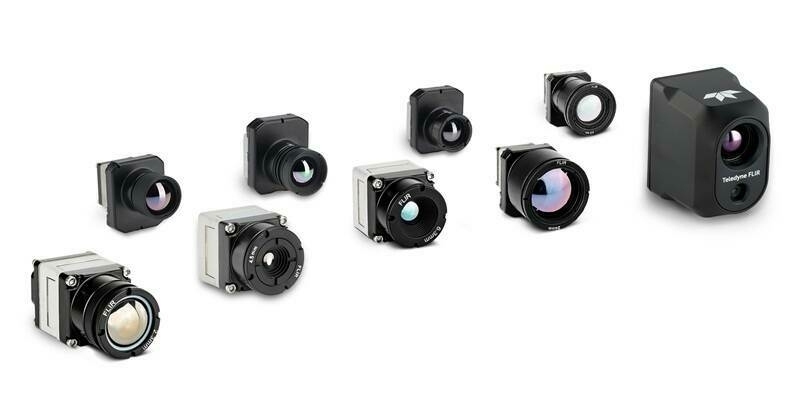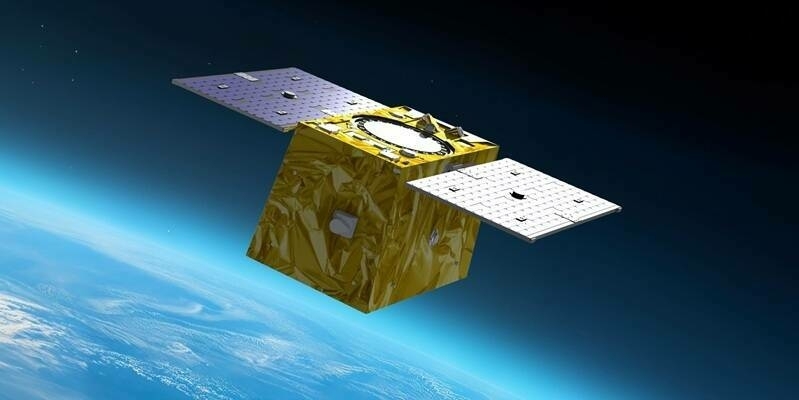INTERGEO 2023, the trade fair for geodesy, geoinformation and land management, is expanding its spectrum to include a groundbreaking thematic area: "Unmanned Systems."
From October 10 to 11, leading experts and innovators from the industry will gather at the exhibition center in Berlin to present and discuss the latest developments and applications of unmanned systems.
The topic area "Unmanned Systems" will be highlighted in its own format within INTERGEO, which is all about UAV technologies. Drones are the most widespread type of UAV and are used for a variety of applications, such as infrastructure inspection, event monitoring and cargo delivery.
Together with the competence partners DVW e.V., DGPF (German Society for Photogrammetry, Remote Sensing and Geoinformation e.V.) and UAV DACH, an extensive program was developed exclusively for 180 participants. Topics such as "Legal basis for the planned revision of § 21k Luftverkehrs-Ordnung", UAV photogrammetric workflows for the evaluation of data, the use of UAS in environmental monitoring and in agricultural applications will be covered in detail in the two-day expert forum.
Highlights of "Unmanned Systems" at a glance:
Tuesday, Oct. 10, 2023, 2 p.m.-3 p.m.: UAV PHOTOGRAMMETRY WORKFLOW - REVISITED.
Here, the workflow of photogrammetric data acquisition with UAVs will be examined and analyzed, taking into account new findings or developments.
With "Georeferencing - just push the button?", Dr. Michael Cramer from the University of Stuttgart highlights the importance of precise georeferencing of UAV sensor data for the quality of the subsequently derived products. Different methods of geodetic referencing are discussed and compared on the basis of empirical studies.
In "More than just XYZ - on the automatic interpretation of 3D point clouds" Prof. Dr. Norbert Haala discusses the automatic interpretation of 3D point clouds and its possible applications in environmental monitoring and cultural heritage preservation.
Thereafter, Prof. Dr. Heinz-Jürgen Przybilla deals with "UAV sensors and their calibration", before Prof. Martin Kada, Technische Universität Berlin, explains current research methods and the role of artificial intelligence in 3D modeling: "From points to 3D models - a (short) story of man, machine, and A.I.".
Tuesday, 10.10.2023, 16.00 -17.30 h: Legal basis for the planned revision of Paragraph 21k of the German Air Traffic Regulations (Luftverkehrs-Ordnung)
Tuesday, 10.10.2023, 17.30 - 20.00: NETWORKING EVENING with finger food and drinks
Wednesday, 11.10.2023, 9.30 - 11.00 a.m.: UAV APPLICATIONS IN PUBLIC SECTOR
Within this session, Prof. Markus Gerke from TU Braunschweig presents revolutionary approaches to bridge inspection using UAV and compares them to conventional methods to show how these technologies can increase safety and efficiency in infrastructure monitoring. Maria Chizhova then shows how UAV technologies can be used to document and preserve cultural heritage sites, presenting fascinating real-world examples. Prof. Thomas P. Kersten of HafenCity University Hamburg takes a look at the future of UAV photogrammetry and examines whether this technology is already ready for the demanding requirements of cadastral surveying. Finally, Dr. Markus Rembold sheds light on the legal challenges of using UAVs to update geodata and provides insights into the complex framework that needs to be considered.
Wednesday, 11.10.2023, 9.30 - 11.00 am: USE CASES, APPLICATIONS AND INNOVATIONS.
Dr. Anette Eltner, TU Dresden, presents fascinating applications of multimodal UAV data in environmental monitoring and shows how the fusion of different data sources can lead to a deeper understanding of complex environmental processes.
Georg Bareth from the University of Cologne reveals the possibilities of multispectral systems for agriculture and shows how UAVs can help to increase agricultural yields.
Wednesday, 11.10.2023, 12.45 - 14.00: WHAT'S NEXT - OUTLOOK TO THE FUTURE.
Dr. Lasse Klingbeil, University of Bonn, gives a fascinating outlook on autonomous flying robotic swarms and alternative navigation concepts that could redefine the boundaries of UAV technology.
Florian-Michael Adolf of Volocopter sheds light on the future of autonomous aviation and shows how advanced algorithms and technologies could enable autonomous flight in urban environments.
Dr. Jan Birks from the German Federal Ministry of Digitalization and Transport (BMVD) takes a look at the future of airspace management and shows how "U-Space" could enable the safe operation of UAVs in busy areas.
Michael Wieland of the UAV DACH association summarizes the key findings of the UAV event and takes a look at the developments the coming year holds for unmanned aviation.
"Unmanned Systems" offers a unique opportunity to dive deep into the world of UAV technologies and learn from experts. The number of participants is limited. There is a fee for the event. Early registration is recommended.
Following the new format, additional free company presentations on UAV topics will complement the program.
Subscribe to our newsletter
Stay updated on the latest technology, innovation product arrivals and exciting offers to your inbox.
Newsletter

